Thinking of listing your property on Airbnb? Ensure you’re legally covered with this comprehensive Airbnb host legal checklist.
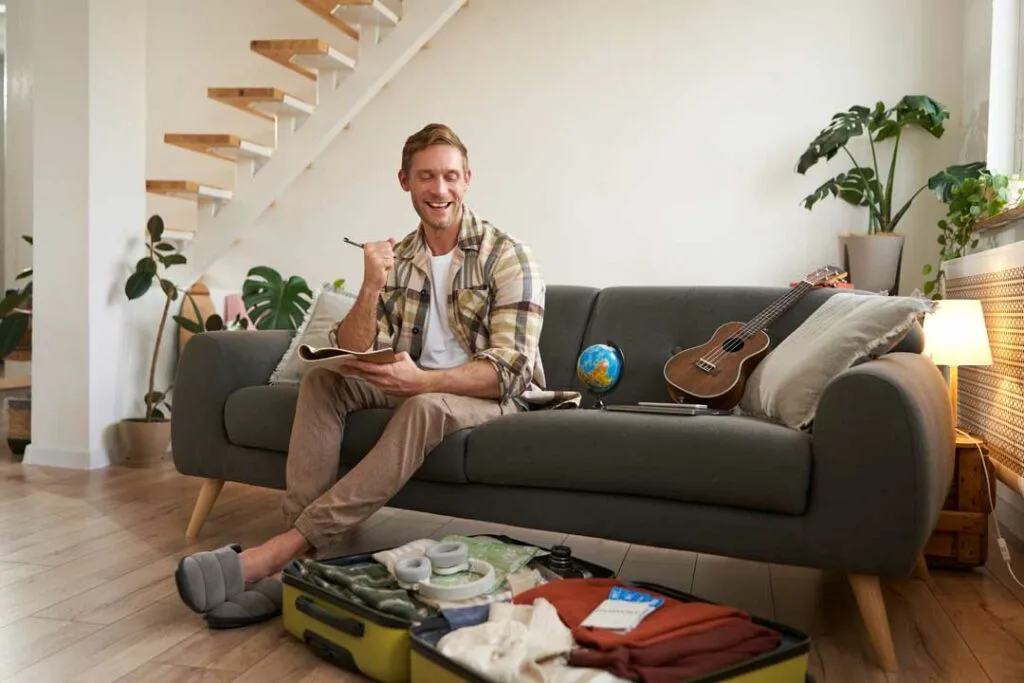
Got a second property you’re thinking about turning into an Airbnb?
Airbnb Host Legal Checklist: 10 Must-Do Compliance Steps
Whether it’s a little cottage you’ve inherited or a guest house that’s been sitting empty, the idea of earning some extra cash while giving travelers a cozy place to stay sounds like a win-win, right?
But before you start snapping listing photos and stocking up on cute soap dispensers, there are a few super important things you need to check off your list first. Skipping them? That’s how you end up with legal headaches, health risks, or some seriously unhappy guests.
So let’s walk through the essential checks every host needs to do because a little prep now means smoother bookings (and fewer surprises) later.
Check Local Zoning and Rental Regulations
Before you get too deep into Airbnb mode, take a minute to check your local rules. Every city, county, and even some neighborhoods, have their own say when it comes to short-term rentals. Some places are all for it, while others have strict zoning laws, permit requirements, or even outright bans.
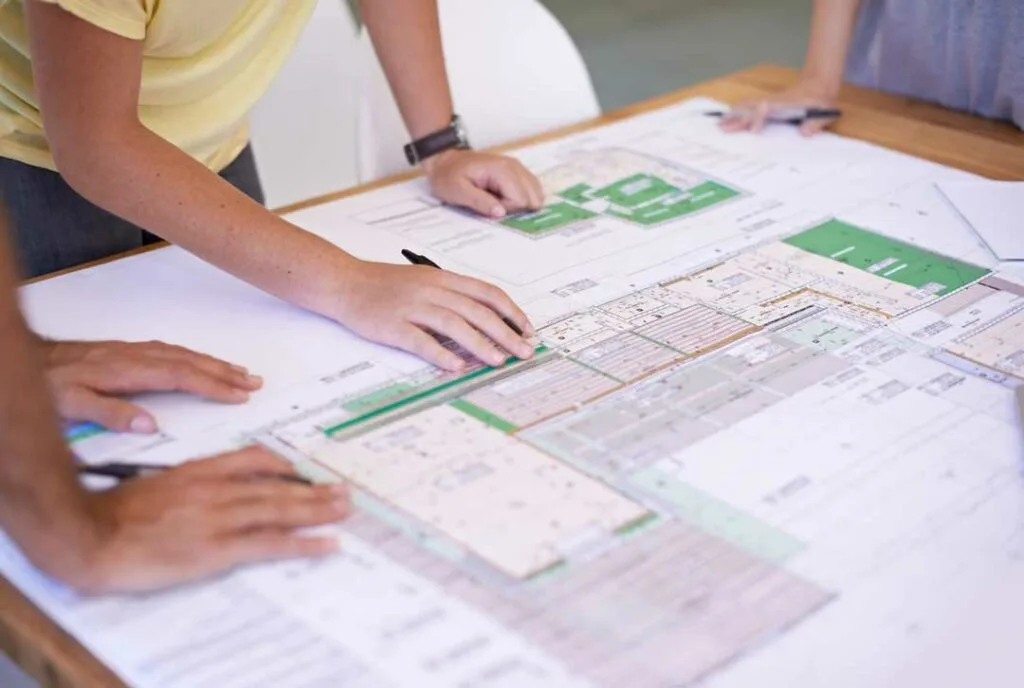
It might not be the most exciting part of setting up your rental, but trust me, it’s a biggie. You don’t want to invest time and money getting your space ready, only to find out you’re not legally allowed to host guests.
A quick call to your city’s planning or housing department can save you a major headache down the line.
Do your homework now so you’re not stuck dealing with fines, or worse, later.
Conduct a Full Safety Inspection of the Property
This one’s all about peace of mind, for you and your guests. Before you welcome anyone into your Airbnb, do a full walkthrough with safety in mind. Start with the basics: working smoke detectors, carbon monoxide alarms, and a fully charged fire extinguisher (bonus points if guests can actually find it).

Look out for things like loose stair rails, wobbly porch steps, or area rugs that could turn into tripping hazards. If your property has a pool or hot tub, make sure it’s secure and clearly labeled with safety instructions.
And don’t forget a first-aid kit and a clear emergency contact list. It’s the little touches that show guests you care, and help protect you if something unexpected happens.
Schedule a Professional Mold Inspection
If your property’s been sitting empty for a while, or you live somewhere humid like Florida, mold can creep in without you even realizing.
And unfortunately, it’s not just a cosmetic issue. Mold can lead to health problems like allergies and asthma, and that opens the door to complaints or even legal trouble if a guest gets sick.
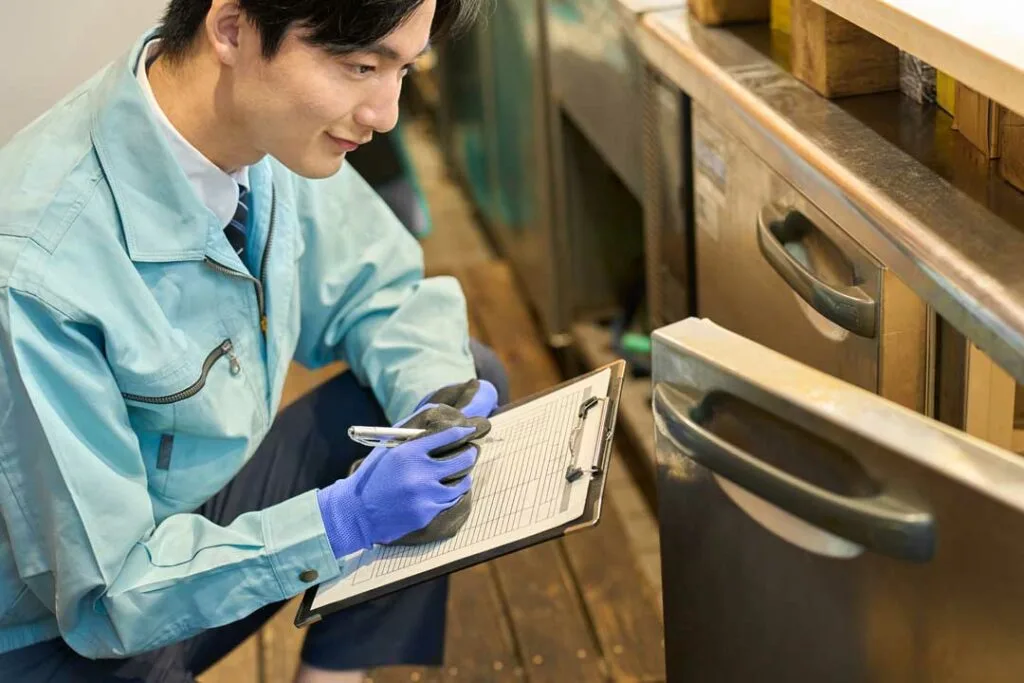
That’s why it’s smart to plan a mold inspection before listing your place. A trained eye can catch early signs of moisture damage you might overlook, especially in bathrooms, around windows, or in the HVAC system. A little prevention here goes a long way toward keeping your guests safe, and your listing drama-free.
Get an Asbestos and Lead Paint Assessment
If your property was built before the 1980s, it might still contain asbestos or lead-based paint, and that’s a serious red flag. These materials were common in older construction, but now we know just how harmful they can be. Breathing in asbestos fibers, in particular, has been linked to serious health issues like mesothelioma.
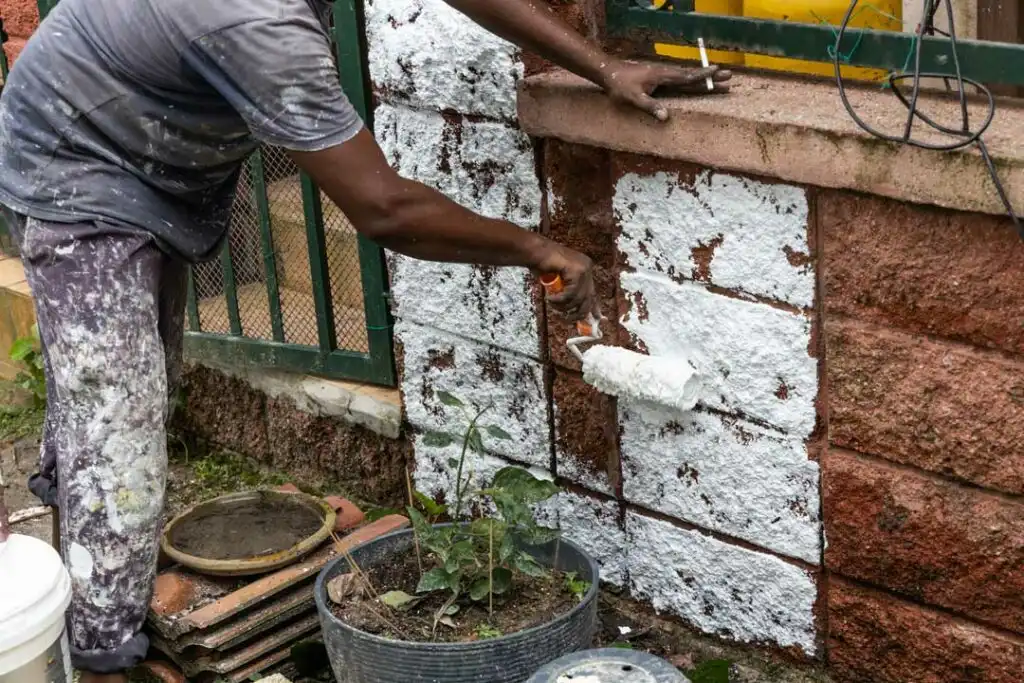
Even if everything looks fine on the surface, it’s worth getting your home tested, especially if you’ve recently done (or plan to do) renovations. Disrupting old materials without proper precautions can release dangerous particles into the air.
For more on the risks and legal concerns tied to asbestos exposure, the mesothelioma lawyer center is a helpful resource with expert guidance.
Evaluate Insurance Coverage for Short-Term Rentals
Here’s something many first-time hosts overlook, your regular homeowners insurance probably doesn’t cover short-term rentals. Yep, even if you’re just hosting a few weekends a month. And if something goes wrong, a guest gets hurt, breaks something, or causes damage, you could be stuck paying out of pocket.

Airbnb does offer its own Host Guarantee, but it’s not a replacement for solid insurance. It’s more of a backup plan, and it doesn’t cover everything (like intentional damage or certain liability claims).
Before you list your place, call your insurance provider and ask about policies designed specifically for short-term rentals. It’s one of those boring-but-essential steps that can save you a ton of stress down the line.
Inspect Plumbing for Leaks and Water Pressure
Before your first guest arrives, take a good look at your plumbing. Turn on all the taps, flush every toilet, and check under sinks for drips or signs of water damage. Even a slow leak can turn into a big issue, not just for your wallet but for your reviews.
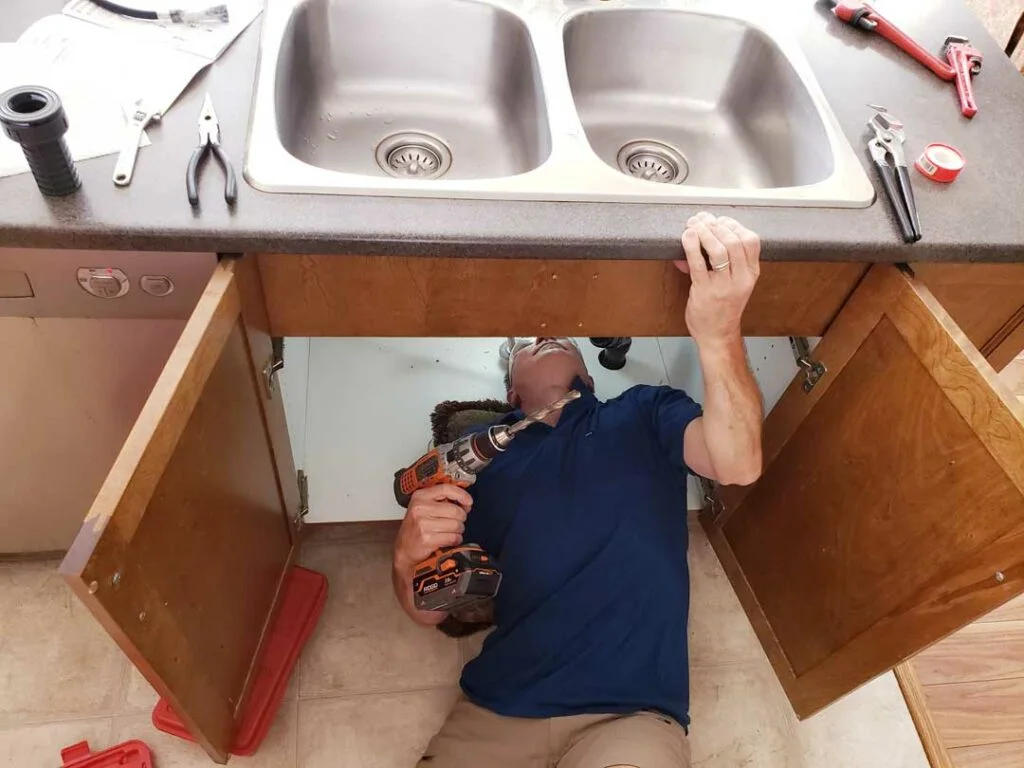
Make sure the water pressure feels strong and consistent, and clear out any clogs in drains or garbage disposals. If the property has been sitting for a bit, let the water run for a few minutes to flush the system. A quick once-over now could save you from emergency calls later.
Service Your HVAC System Before Every Season
Heating and cooling might not be the most glamorous part of hosting, but they’re absolutely essential, especially if guests are arriving during a heatwave or a cold snap. A broken AC or heater can mean refunds, complaints, or worse: guests leaving early.
Schedule a seasonal service for your HVAC system to make sure it’s running efficiently and safely. Don’t forget to swap out filters and test thermostats too.
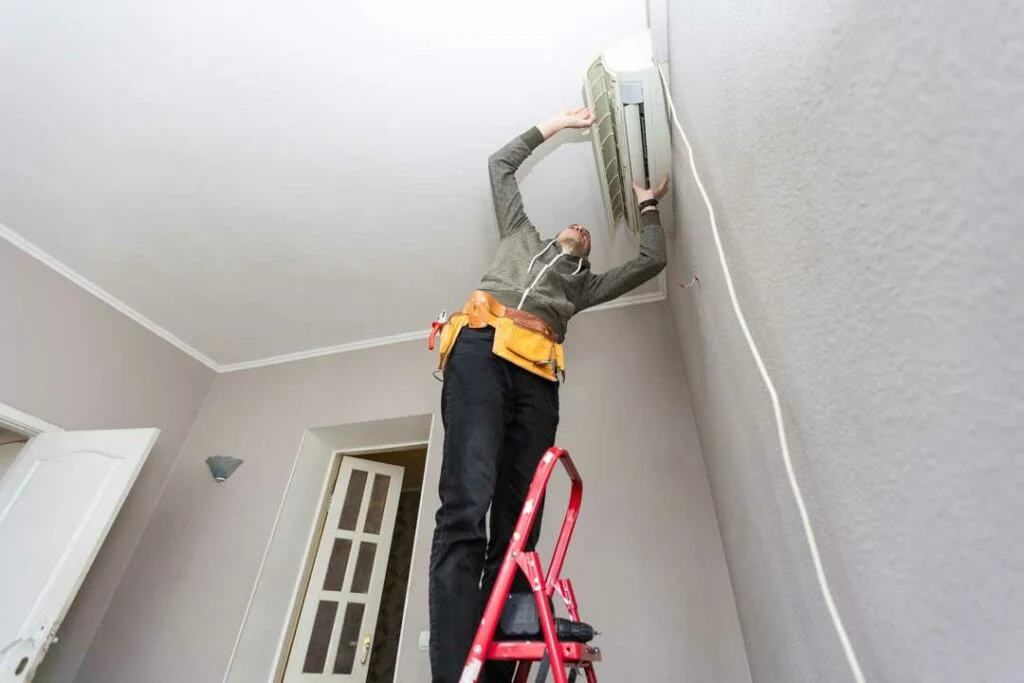
Even if you’re using window units or space heaters, double-check they’re clean, safe, and in working order.
Check the Electrical System for Safety Hazards
Your electrical system needs just as much love as everything else. Walk through the property and flip every switch. Plug something into every outlet, yes, really, and make sure nothing sparks, buzzes, or feels warm to the touch.
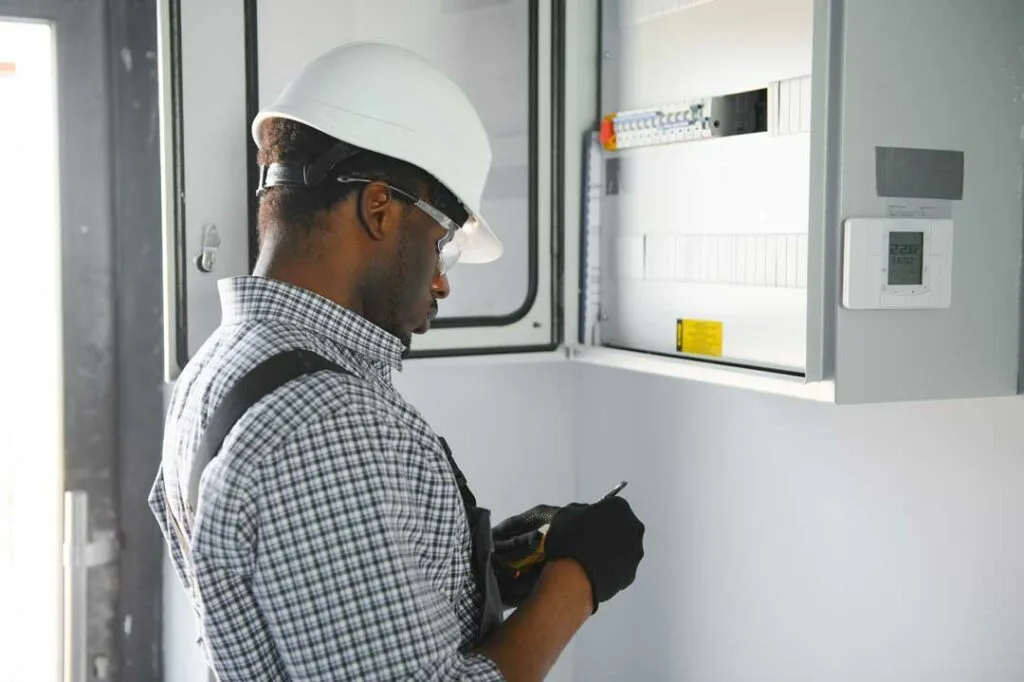
Label your breaker box clearly and check for any overloaded circuits, especially if you’ve added modern appliances to an older home. If anything seems off or outdated, call a licensed electrician. It’s better to handle electrical hiccups before your guests do, especially when safety is on the line.
Ensure Compliance with Accessibility Laws
Not every Airbnb needs to meet accessibility standards, but if you market your space as wheelchair-friendly or accessible, then it has to actually be just that. Guests rely on accurate descriptions, and if your place falls short, it’s more than just a bad review; it can lead to legal complaints.
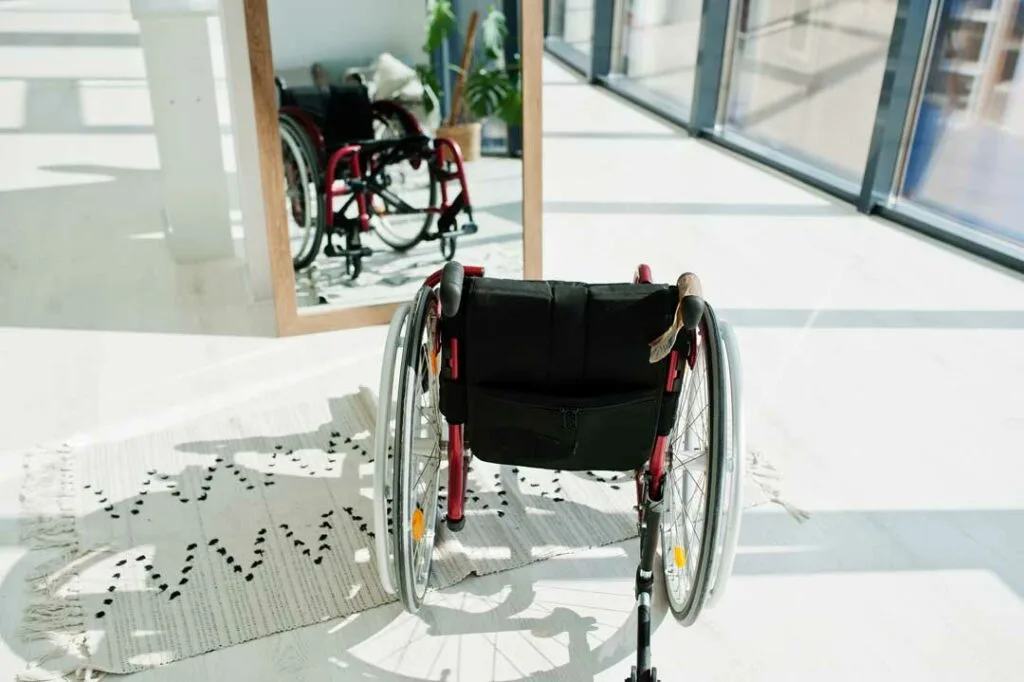
Start by walking through your property with fresh eyes. Are doorways wide enough? Are there steps at the entrance? Is the bathroom easy to navigate? If you’re unsure, look up the ADA (Americans with Disabilities Act) guidelines or talk to a local accessibility expert.
Being clear and honest in your listing is key. If your place isn’t fully accessible, say so upfront; your future guests will appreciate the transparency.
Vet All Smart Devices and Security Cameras
Smart tech can make managing your Airbnb easier, think keyless entry, smart thermostats, or video doorbells. But when it comes to security cameras, you’ve got to be extra careful. There are strict rules around guest privacy, and violating them can land you in serious hot water.
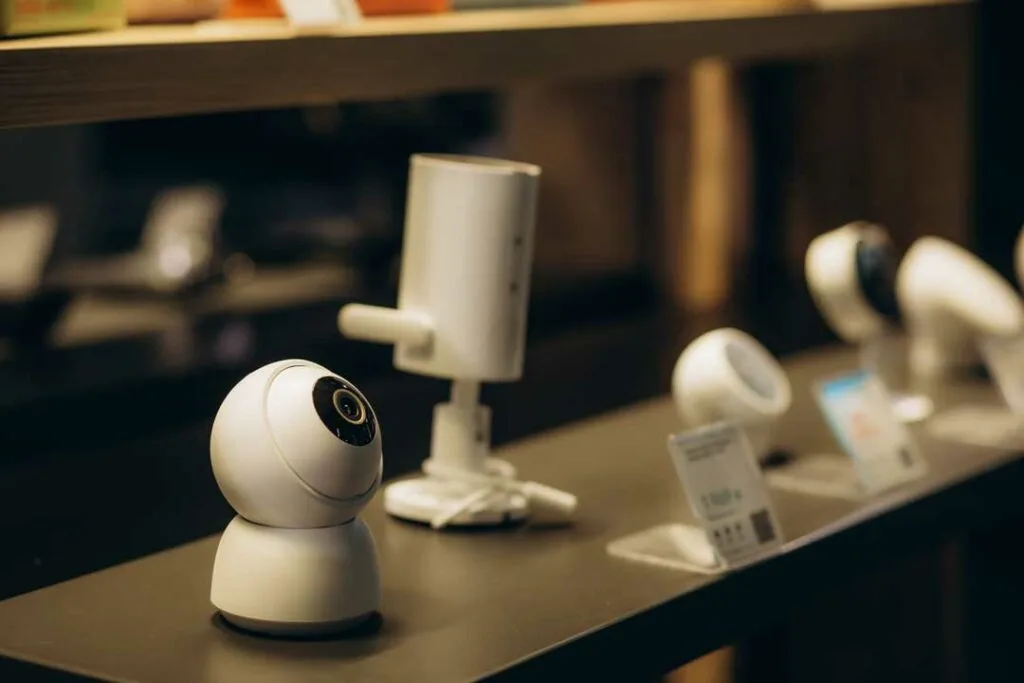
Outdoor cameras and smart doorbells are usually fine, as long as they’re disclosed in your listing. But indoor cameras? Big no-no. Even if they’re off, just having them there can make guests uncomfortable and could lead to your listing being suspended.
Double-check Airbnb’s policies, clearly list any active devices, and make sure your Wi-Fi is secure. The goal is to protect your property without crossing a privacy line.
Stay Legal: Airbnb Host Legal Checklist for Safe Hosting
When you’re inviting guests into your space, it’s about more than fresh linens and a cute welcome basket. These essential checks aren’t just for show, they protect your guests, your property, and your peace of mind. Taking the time to do things right from the start means fewer surprises, fewer risks, and a hosting experience you can actually enjoy.
Hosting on Airbnb offers great opportunities, but legal compliance is crucial. By following this Airbnb host legal checklist, you safeguard your property, guests, and peace of mind. Stay informed, stay compliant, and enjoy successful hosting.

Jessi is the creative mind behind The Coffee Mom, a popular blog that combines parenting advice, travel tips, and a love for all things Disney. As a trusted Disney influencer and passionate storyteller, Jessi’s authentic insights and relatable content resonate with readers worldwide.
